Turkish phrases – Afiyet and all the olsuns
One of the first things people rave about when they come to Turkey is the food, so it’s not surprising that ‘Afiyet olsun’ is one of the first Turkish phrases they learn. It’s the Turkish for ‘bon appetite’ and I find it highly amusing that I have learnt the Turkish for something I say in French when I use it in English. Over any extended stay in Turkey you will hear numerous ‘olsun’ expressions, Turkish phrases revealing something about Turkish culture. Here are some of the Turkish phrases I hear the most.
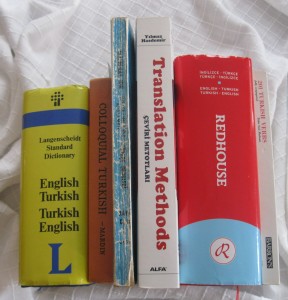
‘Geçmiş olsun’ is what Turks say to the sufferer of anything ranging from a paper cut to open heart surgery. Literally meaning ‘let it pass’, or ‘get well soon’, it can also be used to comfort someone going through difficult times. As there is no distinction in Turkish for feeling sick due to a head cold as opposed to being ill from a disease, it makes sense that the one phrase fits all.
Another commonly heard Turkish phrase is ‘Kutlu olsun’. Derived from the verb ‘kutlamak’, which means to celebrate, it is used for a vast range of happy events. It can cover anything from ‘Happy New Year’ (Yeni yilniz kutlu olsun) to ‘Happy (Bayram) holiday’ (Bayramınız kutlu olsun). However, as language reflects culture and reality, the latter is now being replaced with ‘Bayramınız mübarek olsun’ to say ‘Happy holy festival’ which is closer to the true meaning of a bayram in Turkey.
One cannot mention bayrams in Turkey without thinking of food (again). When you are invited to eat at someone’s house, to compliment the maker of the food you should say ‘eline sağlık’. Understood as ‘health to your hands’, it is both sincere thanks and the wish that the cook (usually the woman of the house) continue to be able to produce such wonderful food. And if you really want to impress with your knowledge of ‘olsun’ Turkish phrases, say ‘Ziyade olsun’ at the end of the meal. Meaning ‘let there be more’, it’s another way of saying thank you.

Along with actual ‘olsun’ Turkish phrases there are other sayings that are part of everyday life in Turkey. One not strictly ‘olsun’ saying I like hearing is ‘Güle güle kullan’. I think it’s great that when I buy something new, my friends wish me joy when I use it.
I am lucky as I get to spend the money I earn, unlike the wife of my ‘kapıcı’ (building caretaker). I rarely see her because she’s off cleaning houses almost every day, and when I do see her, she’s still working. One time I saw her out the front of our building, bent double to bed in new plants. I wished her ‘Kolay gelsin’ which translated literally means ‘may it go easy’. It’s another of the Turkish phrases that doesn’t have a corresponding translation in English. Literally it translates as ‘take it easy’ which doesn’t really have the same meaning. And it certainly wasn’t directed at the ‘kapıcı’ himself, leaning on the fence to watch, smoking a cigarette, doing nothing. Nonetheless he took it as his right and politely thanked me for my concern.
Our kapıcı is a good man, but not someone to whom I would ever find myself saying ‘zahmet oldu’, thank you for going to all this trouble for me. I also don’t think I will ever find myself saying ‘hayırlı olsun’ to him either. This is the expression to use when someone opens a shop or starts a new business. It expresses the desire that they prosper and for the business to be profitable. My ‘kapıcı’ would have to develop a stronger work ethic than he currently has, to want to work hard, or indeed harder.
The saddest ‘olsun’ of them all is ‘Başınız sağ olsun’ said upon hearing news of the death of a loved one. As an expression of condolence it is spoken and received with a solemnity that touches at the heart of the grief.
There are many such Turkish phrases to use in different situations, but the ones I have mentioned here are those I hear most often. Whether the expression is from the immediate ‘olsun’ clan or a more distant relative, understanding and using these Turkish phrases helps me better comprehend and feel part of Turkish culture.
Find out more about everyday life in Istanbul in my collection of stories Inside Out In Istanbul: Making Sense of the City.
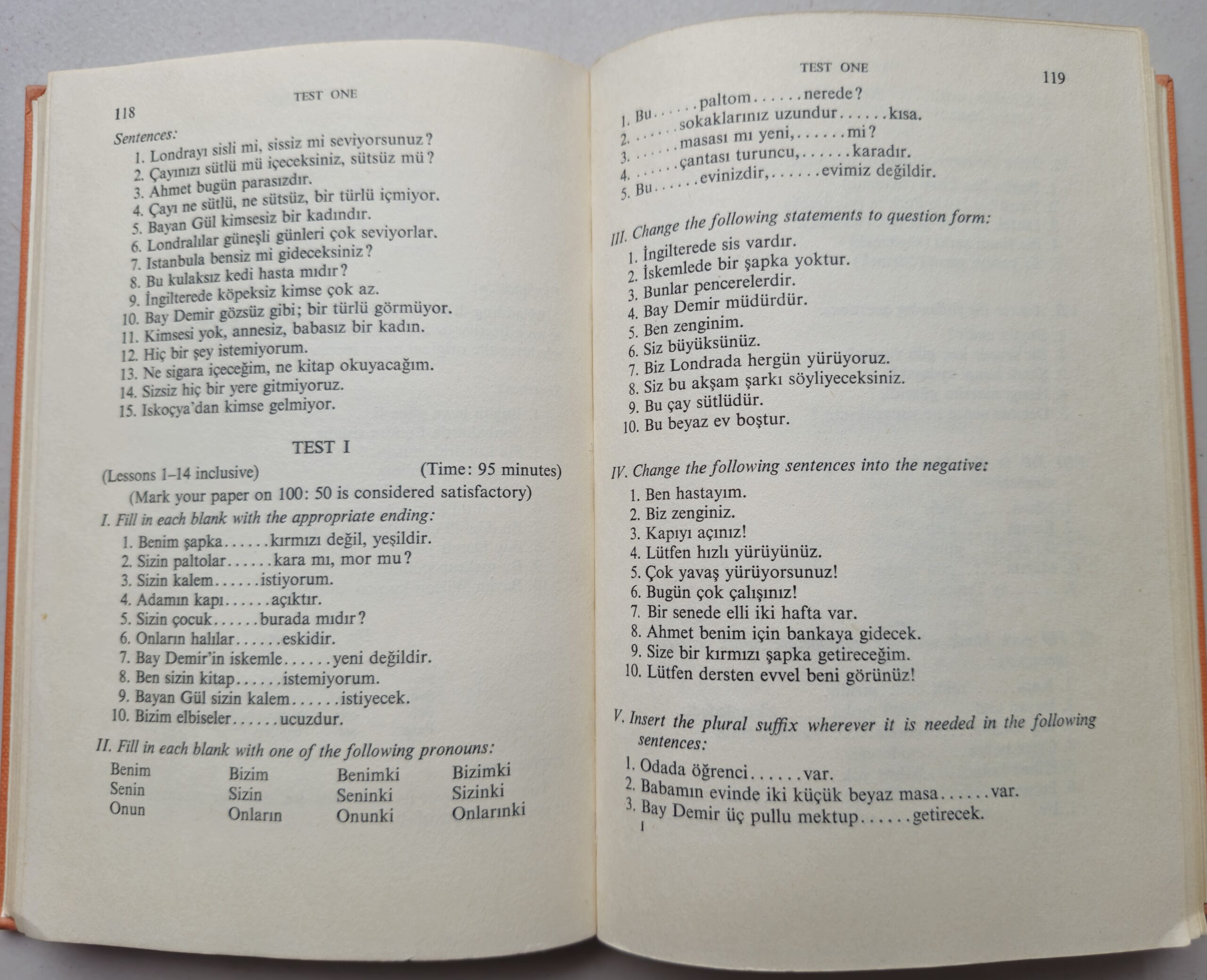
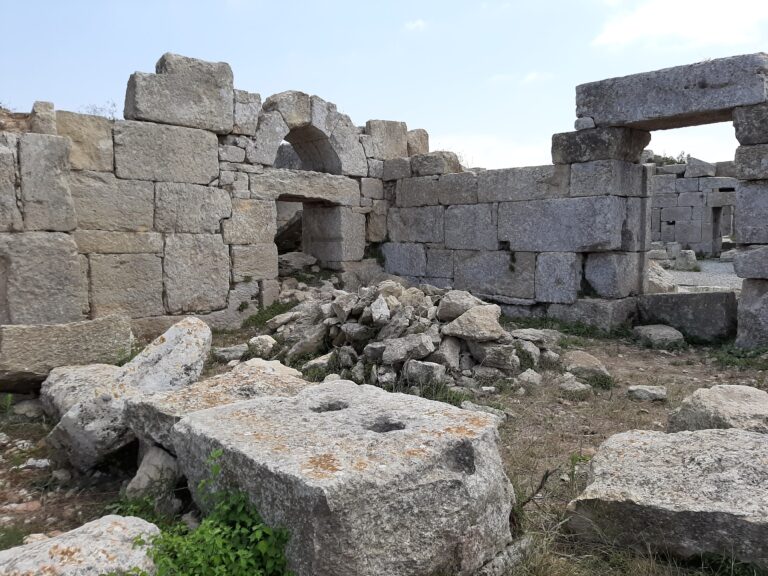

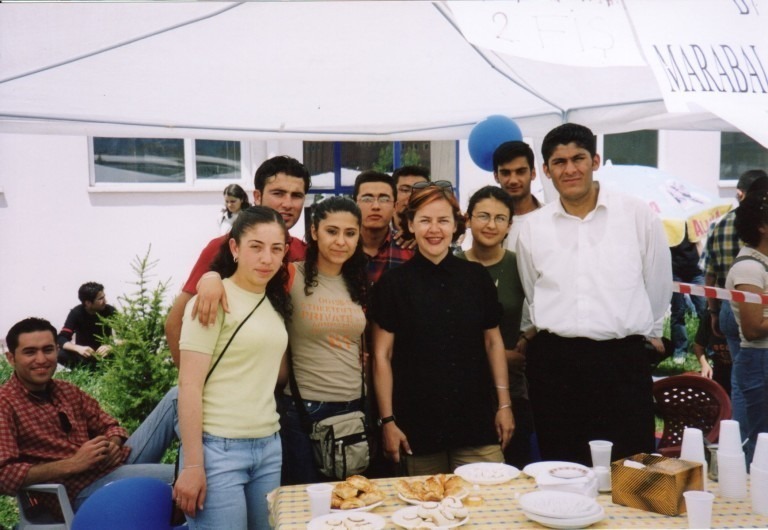
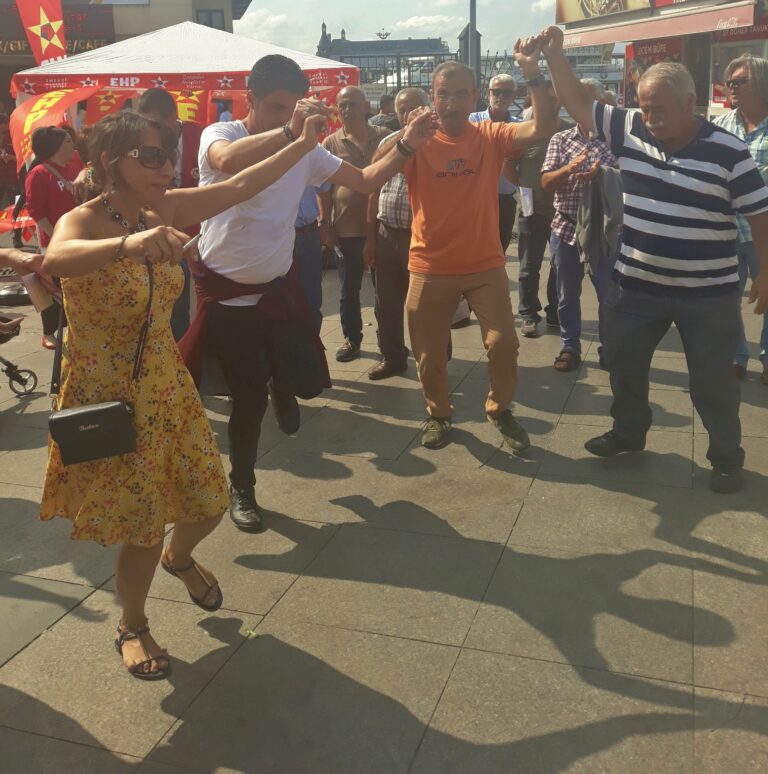
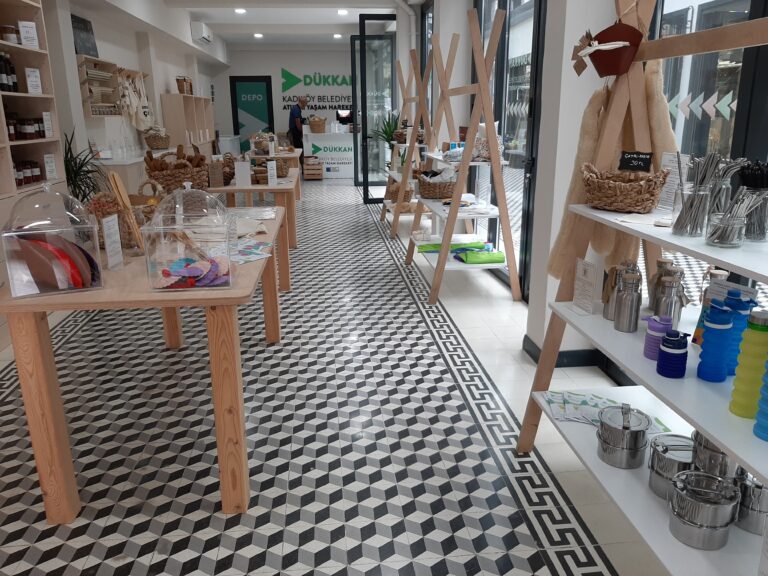

That was a fun read! I loved the work ethic comparison between wife and husband. 🙂
Nice article. There is also sihatlar olsun, said after a bath or haircut. It means “Be healthy”
Well-informed article. Only, it should be “Başınız sağ olsun”, not “sağol olsun.”
Thanks for the feedback Natali. When I get to my computer I’ll correct the mistake. That’s what happens when you post when you’re sick!
Geçmiş olsun, get well soon
Geçmiş olsun 🙂